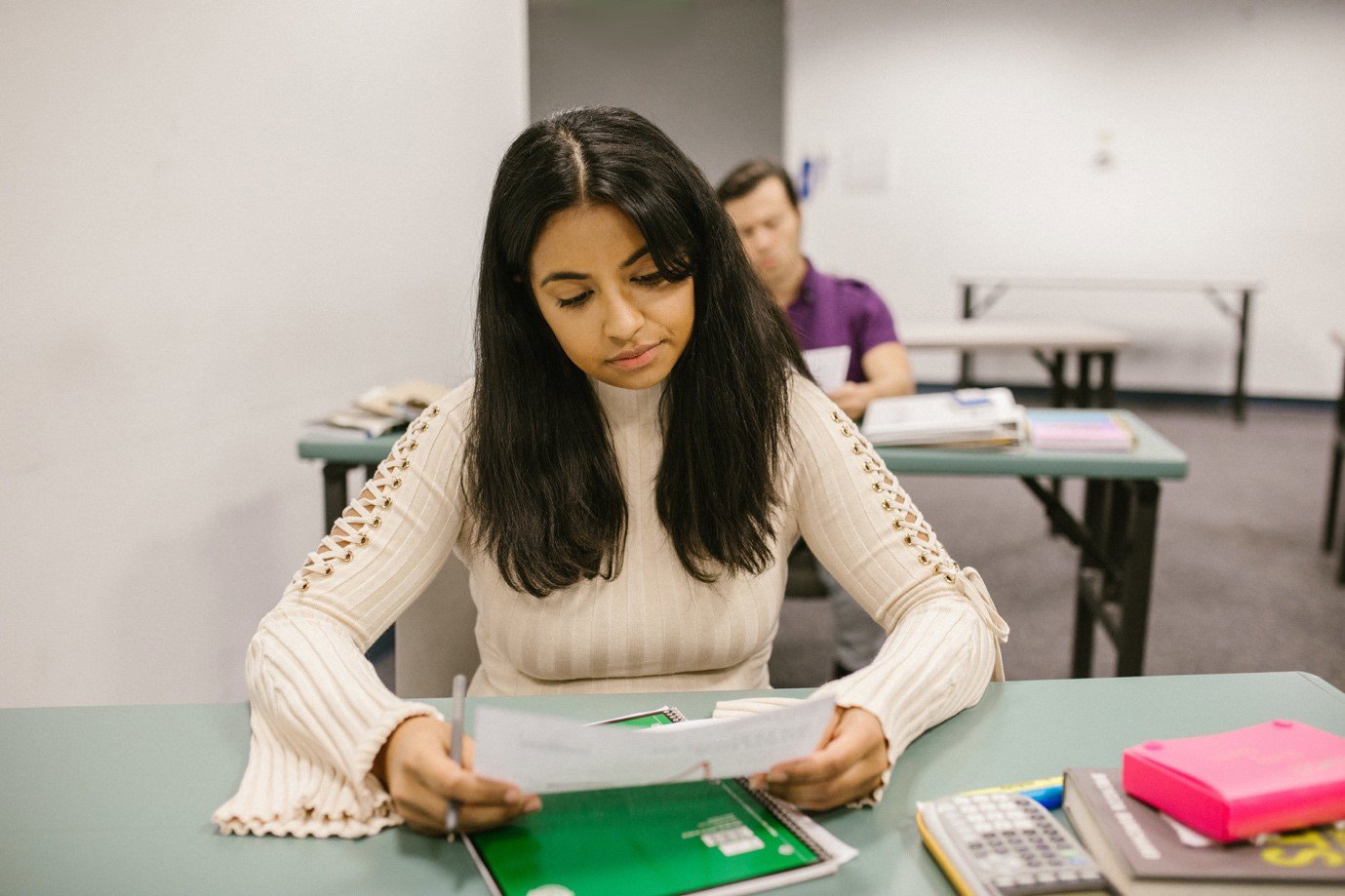Why/How do Schools and Colleges exclude students in Year 12?
At the end of Year 12, some students typically face a set of internal exams which can inform on what the student can reasonably be expected to achieve in their final year 13 exams.
However, in our capacity as Education Solicitors, we have encountered instances where students are asked to leave their educational institutions following the release of their Year 12 internal exam results due to fear that they might not perform well in their final exams. This tends to happen in the institutions which have very high academic standards and expectations.Such actions tend to be motivated by concern over league tables.
Often schools set a criteria for ‘progression’ to year 13. It varies from school to school. The ones we have seen range from 3 ‘Bs’ or 3 ‘Cs' to 3 ’Ds’. These criteria are often not written down.
Sometimes schools have subtler criteria, for example stopping children progressing in one subject if they have a low grade in that, which has the intended effect of forcing them out (as doing only 2 A levels does not assist with university entrance).
Others tell them they have to drop one (or more) of the subjects they have chosen and do another subject instead. There are many variations on the practice. Schools and colleges are inventive. Some schools and colleges cull 5-10% of their pupils this way.
To be treated like this is often a shock to the young person and their family. They will have often been at the school since year 7.
But, is this legal?

Is This Classed As Exclusion in legal terms?
In sixth form (Years 12 and 13) a student can, as in other years, be excluded for bad behaviour. However, it's crucial to emphasise that students cannot be compelled to leave due to subpar exam results, academic performance, or poor attendance.
To determine whether a student can proceed to A-levels, schools and colleges often establish minimum GCSE grade requirements. This practice is generally within the bounds of the law, even though it may limit access for those who achieved higher grades in Year 11.
Once students are accepted onto A-level courses, there is no lawful mechanism to terminate their enrolment midway through or after they have already commenced their studies simply because of fear that they will not perform to the expectations of the institution in question.
Legislation and Guidance
To understand the legal standing of such a decision, we must first examine the relevant legislation in the UK.
The relevant legislation in place depends on the type of institution in question. Private schools are subject to different rules and laws than state schools. FE Colleges also have a different legal standing. What is common across all of these settings is the need to comply with the Equality Act 2010. Schools and Colleges are not allowed to discriminate against a student because of reasons relating to a disability. There may well be occasions when students grades drop for completely different reasons but if they are lower than one would expect because of a disability and/or special need then the school or college will almost definitely be acting unlawfully if they seek to exclude.
The Suspension and Permanent Exclusion from maintained schools, academies and pupil referral units in England, including pupil movement guidance applies to state schools and, in most cases, applies to students above (and indeed below) statutory school age except where it is expressly excluded. Such guidance does not assist where private schools or FE colleges are involved but both of these types of institutions must ensure that they comply with their own internal policies and that such policies are lawful.

Options for Year 12s Asked to Leave
The options provided by schools for Year 12 students who have been asked to leave could include:
- Not Sitting A Levels: Students can opt not to pursue A Levels at all and discontinue their academic journey.
- Changing Subjects: Some students may choose to switch to different subjects, altering their academic path.
- Repeating a Year: Another option may be to retake Year 12, providing an opportunity to enhance their academic performance. This would require consent of the institution involved.
- Finding Another School or College: Students can search for alternative educational institutions that are willing to accept them for Year 13.
- Private Sector Education: In certain cases, students may be directed towards the private sector where options maybe wider than in the state sector.
None of the options are necessarily attractive.
These discussions often take place late on in the summer, leaving little time for students and their families to make arrangements to find somewhere else to continue their studies.
What Can I Do if My Child is unable to progress at the end of year 12?
This situation is a very stressful one to find yourself in. Options for challenge may well be limited and will be dependent on the very specific facts of your situation but our expert team of Education Lawyers can help you to understand what action you can take and what your next steps should be.









